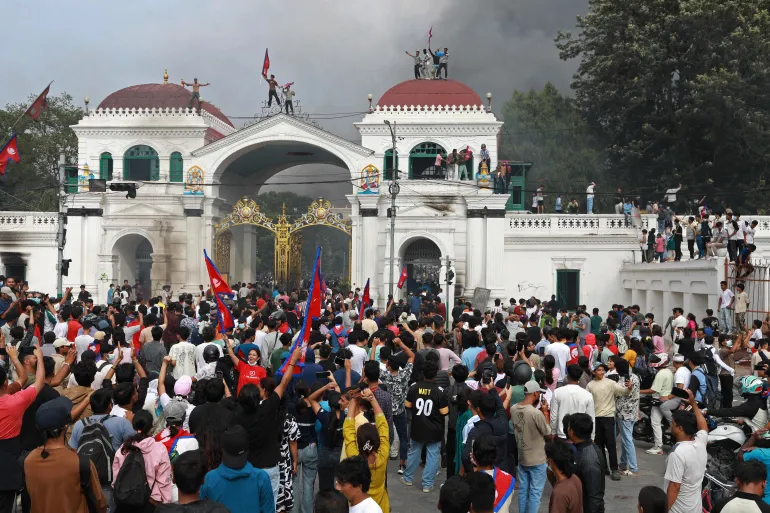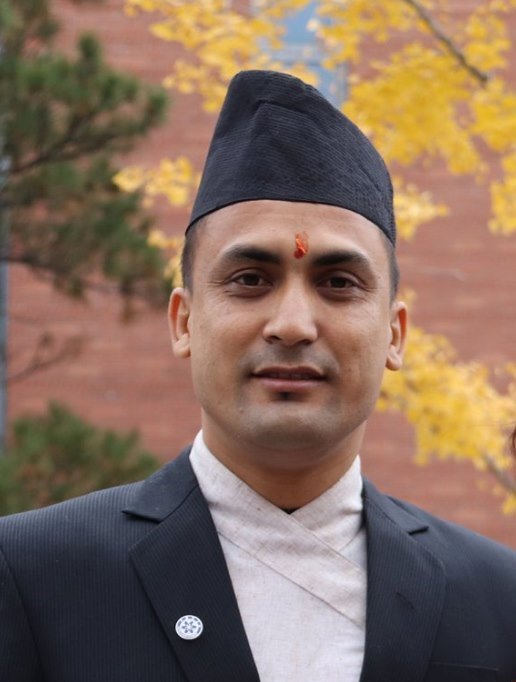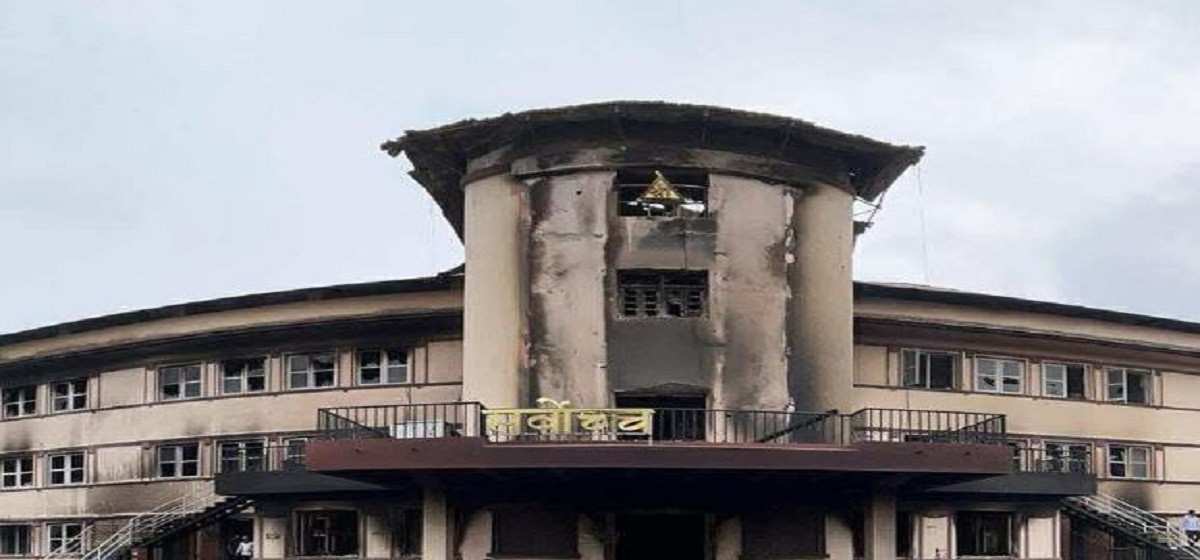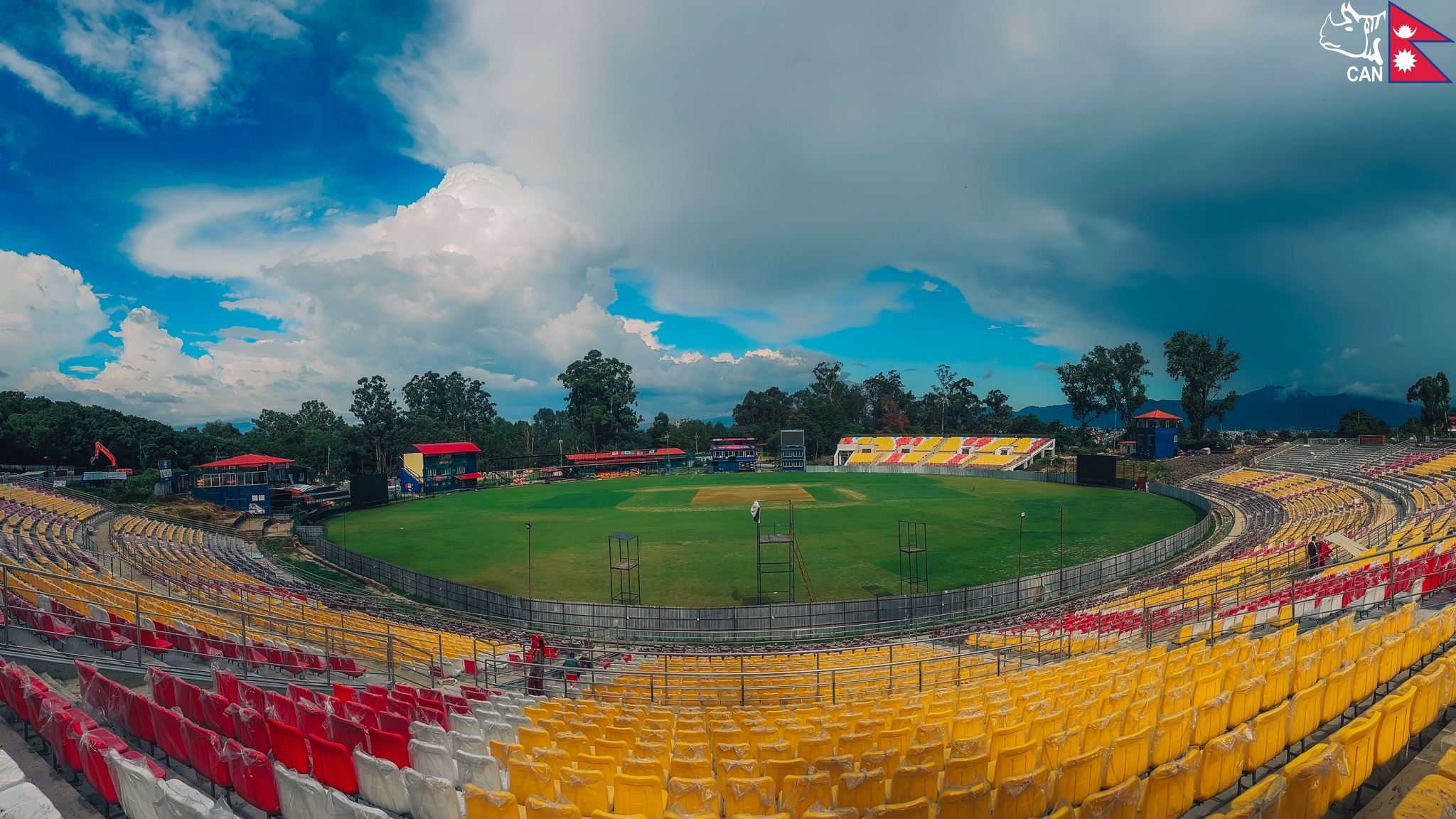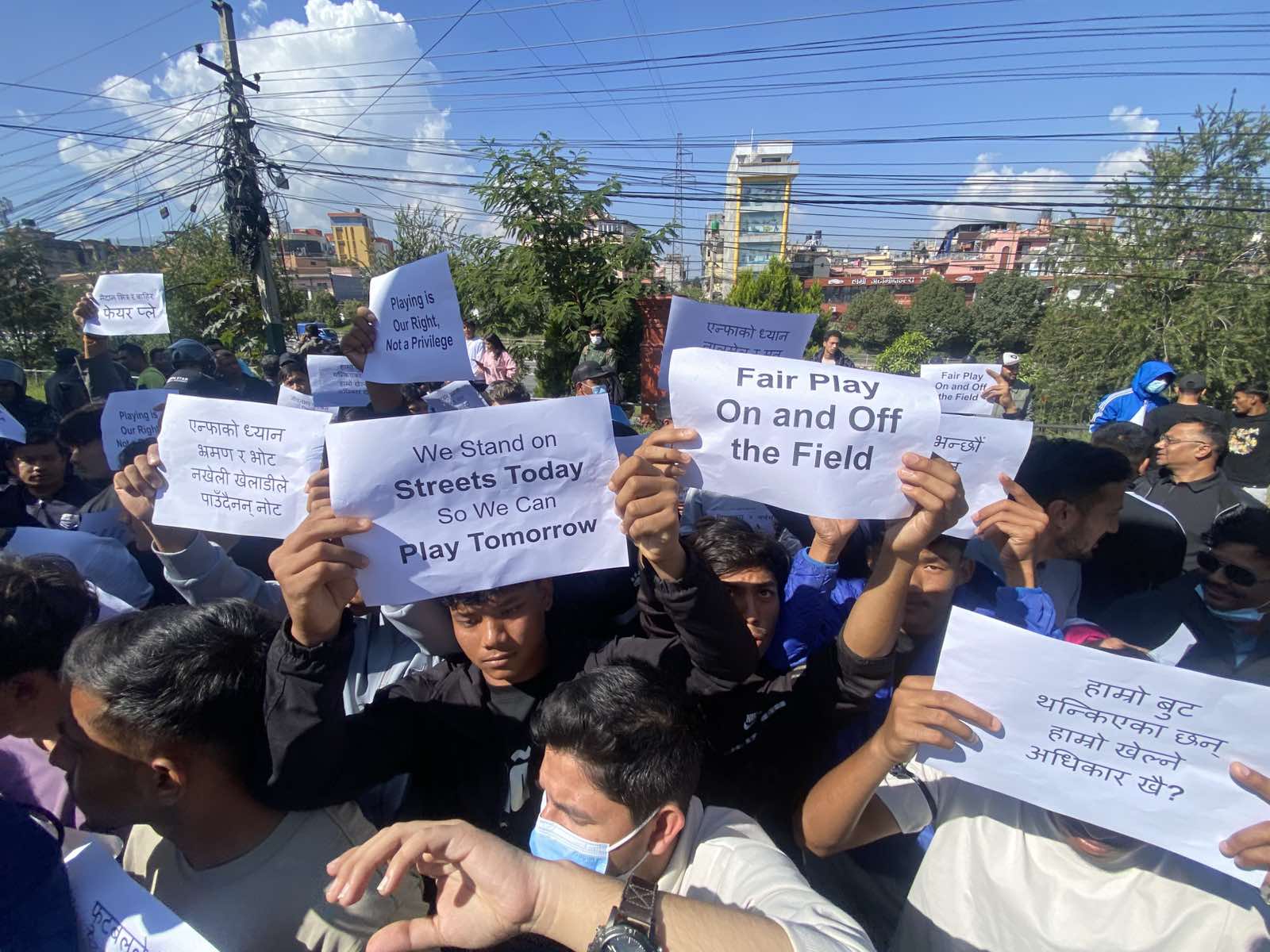The residents are painfully aware that their fields should be buzzing with activity right now. This time of the year used to be their busiest. The estimated 800 farmers from Sakhu area would be hustling and bustling in the fields, sowing seeds for monsoon. The lands would be ploughed, the irrigation channels would be set and despite the relentless work load, the air would be thick with anticipation for the upcoming rainy season as well as the celebration of Asar the 15th.
"That, however, was before the earthquake," says Dinesh Lal Shrestha, 42. A resident of Sakhu, Shrestha says he has been farming for as long as he can remember. He began cultivating the fields as a boy with his father and today, he is the owner of four ropanis of land. But like most of the farmers in his area, he too hasn't been able to work for almost a month now.
"Naturally, everybody's priority is to build a shelter for their families. Since Sakhu was severely hit by the disaster, almost every single household has been left with damages to deal with. Agriculture hasn't been able to take precedence in our area yet," explains Shrestha.
Besides, even if some farmers were keen to return to work, resources aren't in their favor. The lack of water is apparent at the Sakhu fields. L.P Shrestha, a representative of the community, also cites the earthquake as one of the reasons. "The soaring temperature certainly hasn't helped but we have also discovered that the water sources were affected by the two big quakes. We don't have a river nearby. We used to irrigate the fields from a water source about two kilometers away. Following the earthquakes, several irrigation channels along the path have been blocked or completely destroyed. Wreckages lie strewn all over but people have been too busy salvaging their own homes."
So of late, farmers in the Sakhu area aren't able to work in their fields. Some find themselves moonlighting as laborers carrying debris or fixing houses. Some have decided to give fishing a try in an attempt to make their ends meet. However, a majority of them are spotted in several huddles around town, idly chatting away. They seem to have quietly resigned to fate. The scale of damages, to their irrigation channels, has clearly left them feeling impotent.
Ratna Bir Shrestha, 41, another local farmer of the area voices his concern. "I am desperate to start farming again. I have seed potatoes in the reserve and this would be the perfect time to sow them. Lack of irrigation isn't helping. The seeds are actually rotting away as we speak. There is nothing we can do about it. Even if we were to carry buckets of water to the field every single day, that would not be enough. What we need is support and a healthy budget. Help clear the wreckage littering the irrigation channels and help us reconstruct them. We will get to work right away," says Ratna.
The officials at Sakhu's ward office also appear lost on matters of this issue. They don't have any plans to get their manpower on the ground and take necessary actions to solve the post earthquake problems in the agriculture sector. The best they can do is to promise to handover Rs 15,000 to each household affected by the natural disaster. Though they can't confirm when the victims will get this money.
Sakhu's barren fields are like a ticking time bomb. They need to be irrigated and cultivated immediately. Dipesh and Ratna both confess that they are incredibly stressed and can't shake off the feeling that hard days are ahead of them. While the country focuses on relief work, they wonder if anybody cares about of the troubles brewing in the fields. "It's crucial that we sow our seeds by this upcoming month (Asar). Once the monsoon season starts we can't farm for the next two months. There is a huge possibility that whatever we sow won't reap a quality harvest. The climate will be too cold and wet," explains Dipesh.
Nevertheless, Ratna harbors that last bit of hope. If there was any immediate government assistance and the irrigation system was sorted out, he believes they could still win this race against time. Ratna assures that the farmers will not miss out on any chance to cultivate their lands. Further, if they got the water shortage issue taken care of right away, he guarantees that they will be able to finish sowing all their seeds just in time.
"Agriculture is our main source of income. This is the only way we can put food on our plates and send our children to school. Most of us have already lost our houses. I doubt if any of us will be able to rebuild one right now. But there are other basics such as education, food, clothes that we still need. So we are more than ready to get back to work and not only provide for ourselves, but the nation as well," says Ratna
It was widely estimated that the earthquake in Nepal would have a huge impact on the country's ability to grow and transport fresh food. As the monsoon approaches there are telltale signs that the prediction might just come true. It is believed that the harvest in the Sakhu area alone used to send around 1,000 trucks of potatoes to Kathmandu and Pokhara. There is a big chance that it won't be possible this year, that is, only if immediate actions are not taken.
priyankagurungg@gmail.com
Garner graces cover of People’s annual ‘Beautiful Issue’



